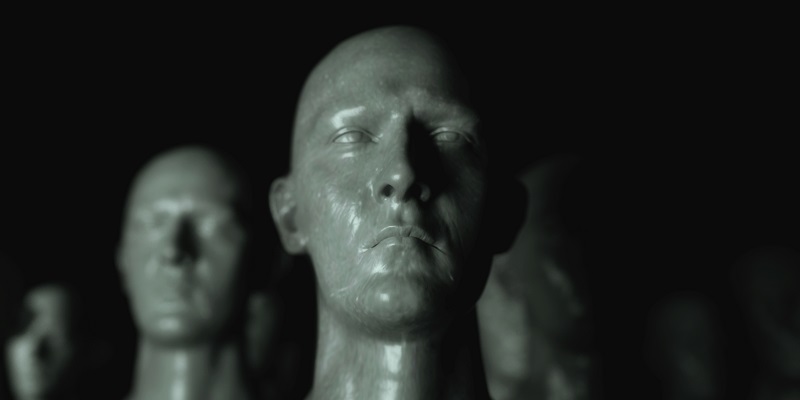Artificial intelligence has revolutionized the way we live and interact with technology. With advancements in deep learning technologies, interactive deepfake applications, voice conversion, and virtual actors, it is now possible to digitally replicate an individual’s appearance and behavior. This mirror image of an individual created by artificial intelligence is referred to as an “AI clone.” While the creation of AI clones might seem like a fascinating concept, we need to understand the risks and implications it poses, both for individuals and society as a whole.
Types of Risks Presented by AI Clones
The creation of AI clones is not without its risks. We have identified three types of risks posed by AI replicas: doppelgänger-phobia, identity fragmentation, and ‘living’ memories.
Doppelgänger-phobia is the fear of one’s own replica. The creation of replicas threatens the unique individuality of the person being cloned, causing disturbance to their self-perception. Identity fragmentation occurs when an individual’s identity becomes fragmented due to the presence of the clone. This could lead to a sense of dissociation from oneself and one’s identity, resulting in a loss of personal autonomy. Living memories are recollections that occur when an AI clone has existed long enough to develop its own memories and experiences.
The depth of replication can vary greatly, from replicating certain distinct features to creating a near-perfect digital twin. The creation of AI clones requires a significant amount of data, and the replication process is typically much more complex and time-consuming than other forms of artificial intelligence. However, the end result of the AI clone is a close, if not perfect, representation of the original. Examples of such clones range from facial recognition software that can identify people with disturbing accuracy, to deepfake videos that look and sound like the people they are replicating.
Emotions and Their Impacts on Self-Perception and Relationships
In a recent study, participants from diverse ages and backgrounds were asked to reflect on their emotions and the potential impacts on their self-perception and relationships. Concerns surrounding AI clones were particularly high regarding the potential for misrepresentation or over-attachment to the clone, which could alter the dynamics of interpersonal relationships. The notion of having an AI clone that could speak and act on the person’s behalf was especially concerning, as it blurred the lines between the person and their clone and threatened the person’s individuality.
Responsibility for Ethical Considerations and Human Values
The creation of AI clones is a delicate matter that requires careful consideration of ethical concerns and human values. The onus of responsibility falls on all stakeholders, including designers, developers, policymakers, and end-users, to navigate this uncharted territory responsibly. AI clones have implications for privacy, security, and personal autonomy, and the potential for misuse is high. It is essential to ensure that the technology is used for the betterment of society and not just for personal gain or entertainment.
As we continue to venture into the delicate path of this burgeoning field, our study findings can serve as a compass guiding us to prioritize ethical considerations and human values above all. The creation of AI clones opens a plethora of possibilities, from enhancing our lives to creating a world where our every move is monitored and controlled. How we choose to utilize this technology will determine whether AI clones will be a boon or a bane for humanity. Let’s ensure that we use them to support and empower individuals while respecting their autonomy, privacy, and fundamental human rights.

